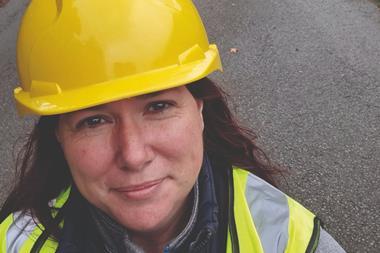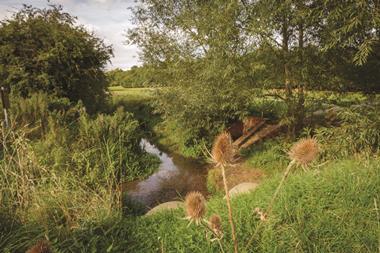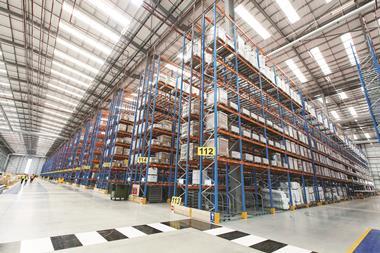In 2013, professor Dan Ariely of Duke University memorably said: “Big data is like teenage sex: everyone talks about it, nobody really knows how to do it, everyone thinks everyone else is doing it, so everyone claims they are doing it…”

A 2018 Deloitte report titled ‘Data is the new gold’ highlighted that property companies’ rush to be seen to be leading on data analytics was not yet matched by adoption. Our most analogue of sectors has dipped a lot of toes, but it has not yet committed to a digital future – despite all the proptech conferences and exciting start-ups for everything from AI tenant chatbots to IoT automated waste management.
The pandemic accelerated the adoption of innovations such as AR/VR virtual site tours and digital contract signing. But a truly systematic approach to innovation across our diverse and siloed asset classes and property types has yet to emerge. A growing number of cyber-security breaches, as well as GDPR complexities, have made even the most proactive boards nervous.
We can all see the potential, but UK real estate companies have yet to find comprehensively effective ways to define, collect, use and, critically, share data in ways that improve business productivity, staff wellbeing and customer experience.
As anyone who has heard me droning on about drone deliveries at a conference over the past 10 years’ knows, I am an evangelist for tech’s potential to transform our sector. So I was delighted last year to be asked to join two organisations trying to put the potential into practice. The first, not-for-profit organisation Real Estate Data Foundation, was set up to ensure that real estate benefits from increased use of data, avoids the risks it presents and is better placed to serve society. My fellow steering group members represent leading industry associations and RED Foundation reports on data ethics and standards have been collaborative and impactful.
Meanwhile, the UK Geospatial Commission, whose board I joined last year as an independent commissioner, was established in 2018 as an independent, expert committee responsible for setting the UK’s geospatial strategy, and co-ordinating public sector geospatial activity. Its aim is to unlock the big economic, social and environmental opportunities offered by location data and to boost the UK’s global geospatial expertise.
I have been honoured to chair its advisory board for the National Land Data Programme, which is testing the feasibility and value of setting up an authoritative data platform as a single source for coherent data about UK land use.
I also recommend readers to look up the National Underground Asset Register (NUAR), a Geospatial Commission project to digitally map the UK’s 1.5 million kilometres of underground electricity and phone cables, as well as gas and water pipes. Workers who accidentally strike gas pipes and electric cables can put themselves and others in danger of death or serious injury, while the estimated economic cost of such strikes on underground pipes and cables is £1.2bn a year.
NUAR will be transformative for development and construction, and could be the first example of a genuinely innovative, integrated system that will benefit UK real estate.
Alex Notay is placemaking and investment director at real estate fund manager PfP Capital
































No comments yet